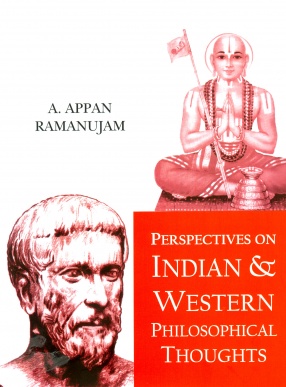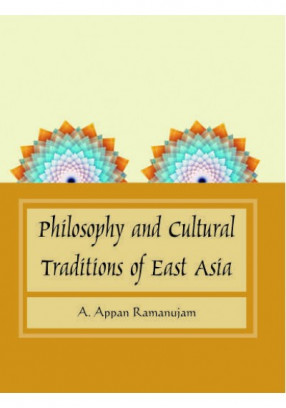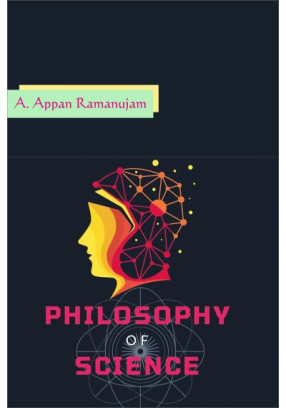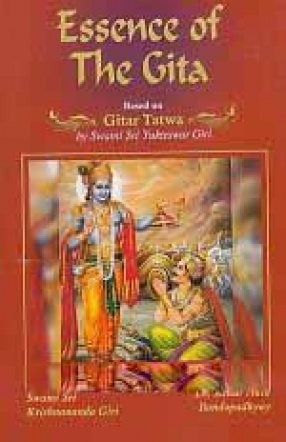Reflection on Bergson's Philosophy
Synopsis
The goal of this study is to analyze the shift in Bergson's philosophy, which occurred, between the writing of Creative Evolution (1906) and the writing of The Two Sources of Morality and Religion (1932). In the first part of this book, the author examines the historical roots of Bergson's thought. He argues that Bergson's concept of duration was founded on the thought of Herbert Spencer, Boutroux, Renouvier, Balmes, Delboef, Lotze, Willam James and James Ward, while Bergson's concept of intuition was indebted to Jules Tannery, Jules Lachelier, Ravaisson, Cournot, Fouillee, Guyau, Schopenhauer and Maine de Biran. The author holds that Bergson’s psychology was influenced by Ribot and that Lalande, Schopenhauer, Hartmann, Benouvier, Ravaisson and Marin influenced the formation of his concept of élan vital. The author concludes that William James and Emile Durkheim played significant roles in the formulation of The Two Sources of Morality and Religion. The second part of the book concerns Bergson’s earlier and later concepts of God, intellect and intuition. In Creative Evolution, God is the impersonal and undetermined "push" behind evolution. In The Two Sources of Morality and Religion, God becomes both personal and purposeful. The third part of the book examines the shift in philosophy thought in greater detail. In includes a discussion of Bergson's attitudes towards Roman Catholicism and Judaism, his concepts of the relations between intuition (especially mystical intuition) and practical problems, his limitation of moral duties to human beings and his conception of Oriental religion. Mystical intuition is portrayed by Bergson, as both practical action and as absorption in God. Similarly, Bergson preaches an "open morality." But such a morality cannot be limited to man alone. To be truly open it must include duties explicitly to the sub-human world as well as to the human. Bergson's treatment of Indian mysticism as incomplete will amuse the student of Indian philosophy. The ideal of universal brotherhood had been emphasized in Upanisads, Janism and Buddhism well before Christianity.
Read more
45.00
40.5
$
50.00 $
Free delivery Wolrdwidе in 10-18 days
Ships in 1-2 days from New Delhi
Membership for 1 Year $35.00
Get it now and save 10%
Get it now and save 10%
BECOME A MEMBER










Bibliographic information